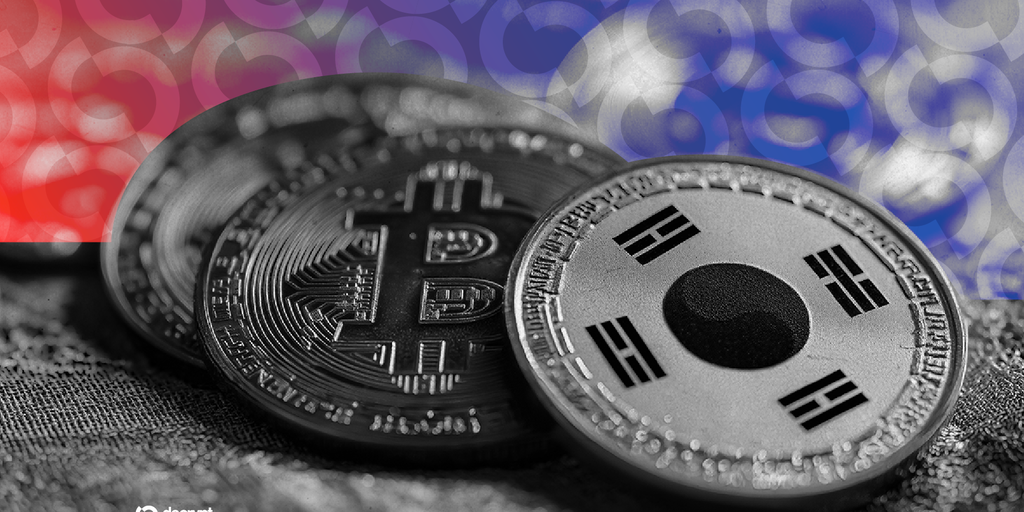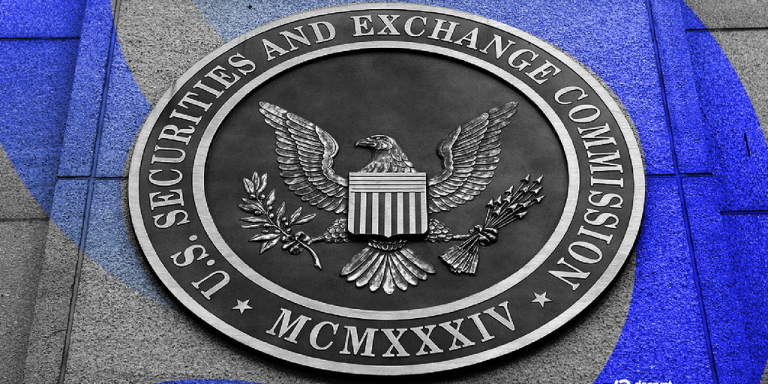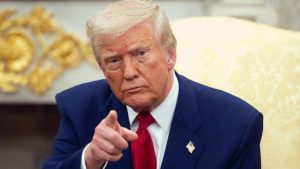In brief
- Nearly one-third of South Koreans own crypto, making digital assets a pivotal campaign topic.
- Both parties support crypto ETFs, but diverge on stablecoin strategy and banking reforms.
- New regulations from June will allow exchanges and non-profits to sell digital assets, signaling a potential policy shift.
South Korea is gearing up to elect a new president on June 3. And while the election may be more dominated by other issues in Korean politics, such as the recent impeachment of the previous president, candidates have positioned digital assets as a key campaign issue in a nation where nearly one-third of citizens own crypto.
Dr. Sangmin Seo, a South Korean technologist who leads the Kaia DLT Foundation, views crypto as becoming increasingly politically instrumental.
“This election, Korean politics sees crypto as a narrative to gain voters’ favors, positioning it as another national growth engine besides AI and semiconductors,” Seo told Decrypt.
“There is widespread support for the idea that the Korean crypto industry cannot lose its competitiveness on the global stage. Both sides of politics feel the urgency to catch up with regulatory advancements in other countries.”
Democratic Party candidate Lee Jae-myung and People Power Party nominee Kim Moon-soo have found rare common ground supporting crypto ETFs.
Yet the two candidates diverge sharply on stablecoin policy.
Lee supports won-backed stablecoins to curb capital flight, or money leaving its shores, citing roughly $40.8 billion in outflows from Korean exchanges in Q1.
The country needs “to prevent national wealth from leaking overseas,” he said during policy discussions earlier this month.
As the front-runner, Lee plans to create a monitoring system and reduce transaction costs, providing investors with regulated access to crypto.
Kim, meanwhile, seeks to dismantle the one-exchange-one-bank rule to ease banking restrictions on crypto firms. He plans to slash taxes for the country’s growing middle class, enabling a transparent crypto market, and allowing crypto-linked funds to operate.
But for those crypto ETFs to come in, regulators would need to work with the parties and their positions on digital assets.
Last week, the country’s Financial Services Commission (FSC) released details of a May 1 discussion that would allow non-profit organizations and crypto exchanges to sell digital assets starting in June.
In the same week, South Korea’s Democratic Party launched a Digital Asset Committee to establish comprehensive regulations.
Decrypt reached out to both parties for comments on their respective crypto policy positions.
Learning from the past
The consensus between the two major parties suggests that crypto and digital asset regulation in the country could soon relax, even with concerns of repeating what happened with Do Kwon and the collapse of Terra, an algorithmic stablecoin.
In addition to the impact on consumers, the collapse of Terra has led to South Korea’s crypto industry being “reviled as one of the darkest markets, with some calling it gambling,” according to Seo.
Coupled with several other high-profile scandals, including one involving a politician’s trading activities, reigning in the industry is a priority.
“Now, lawmakers are communicating with industry experts who have studied the first movers, such as the EU, Singapore, the US, and the UAE, to create the most applicable regulatory framework for the Korean market, and this includes the consumer protection measures,” Seo added.
ETFs
Candidates are also showing interest in launching crypto ETFs in Korea, although the topic has been floated multiple times by politicians since the U.S. launched its spot Bitcoin ETFs and little concrete progress on their introduction has been made.
“[The] first step should start from judging which party can operate spot ETF, including custody,” Ryan Yoon, senior analyst at Tiger Research, a Web3 market analytics firm with expertise in Asian markets, told Decrypt.
“Investor classification depends on their risk tolerance, but I think an ETF will open to all,” Yoon noted.
KP Jang, chief strategy officer at Seoul-based data intelligence platform Xangle, told Decrypt this is likely to happen, but with certain conditions.
“Won-backed stablecoins are likely to circulate primarily within Korea,” Jang said.
Those would be “relatively less prone to triggering global market shocks like the Terra-Luna incident,” given how the Korean won (KRW) isn’t used “as a settlement currency” elsewhere.
The proposed won-backed stablecoin would also be issued as a “fully-collateralized model,” Jang noted, adding that “actual Korean won reserves” would be “held in full against the issued amount.”
Such clarity in collaterals would greatly enhance stability and reduce “the likelihood of a collapse like that of past crypto-algorithmic models,” he said.
Tiger Research’s Yoon echoed this, saying that a repeat of that kind of failure is unlikely.
Still, South Korea lacks “official discussions or regulations to protect stablecoin users,” Yoon said, citing the U.S.’s GENIUS Act could serve as a “potential reference.”
Edited by Sebastian Sinclair
Daily Debrief Newsletter
Start every day with the top news stories right now, plus original features, a podcast, videos and more.










